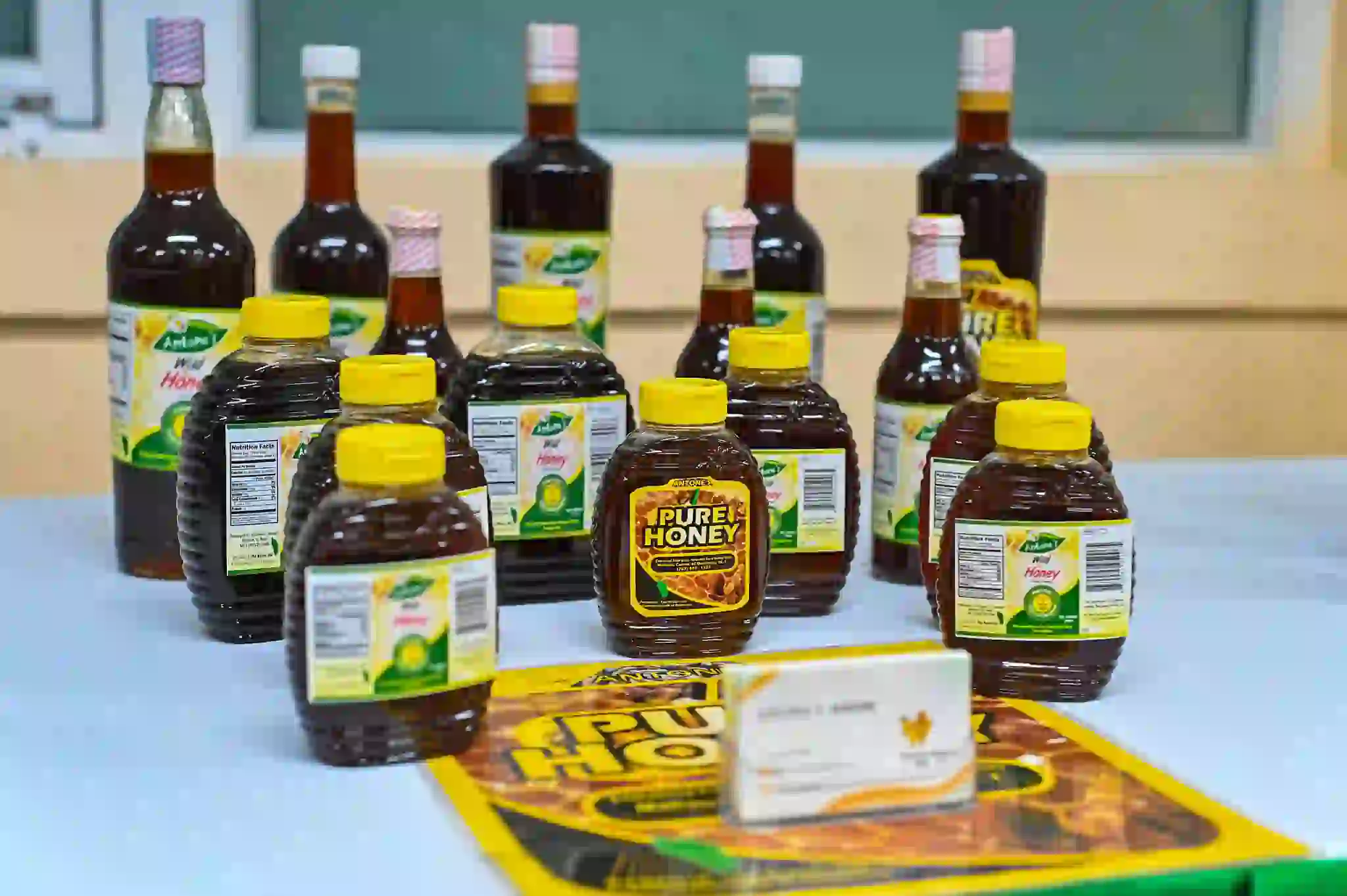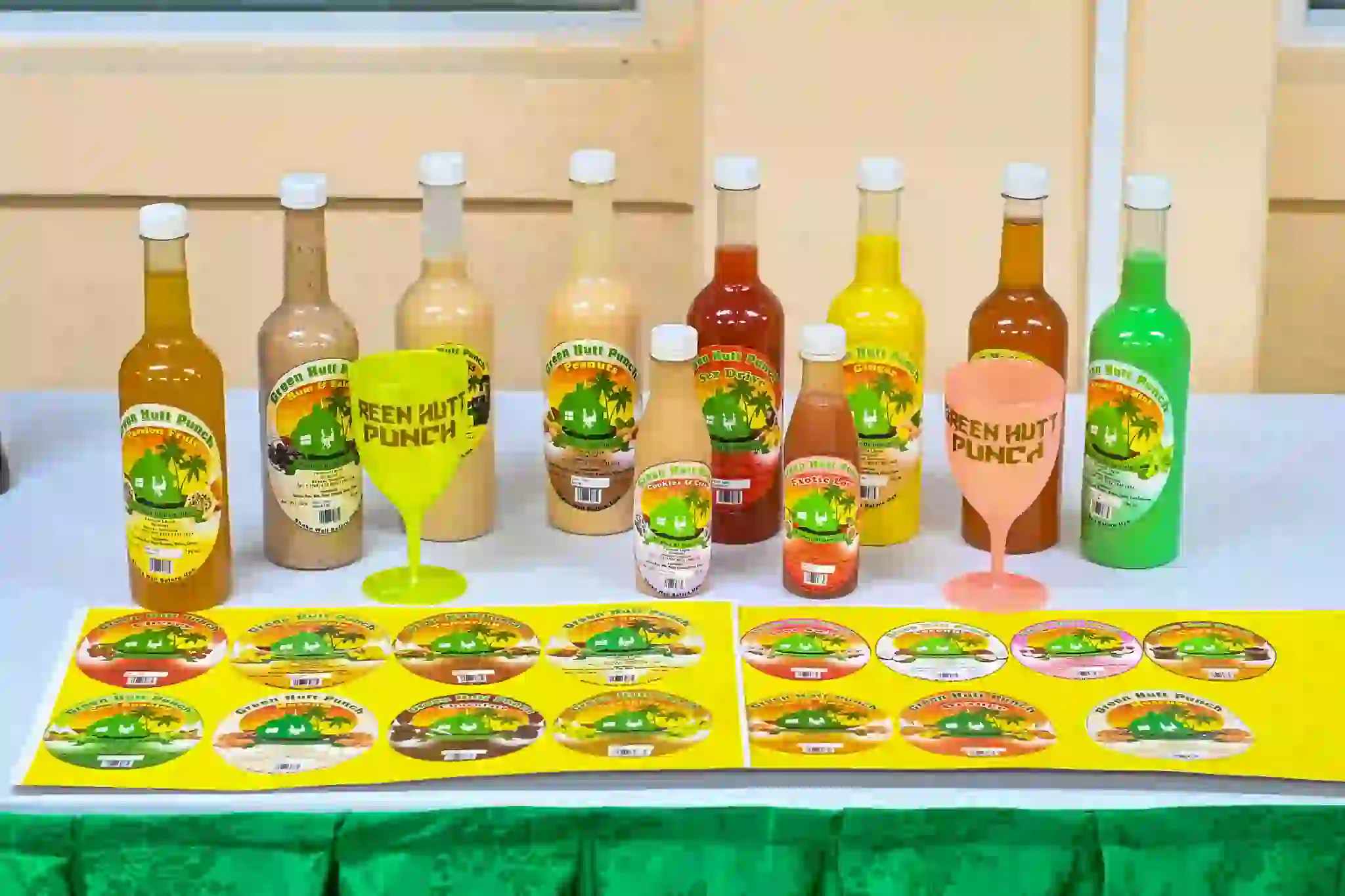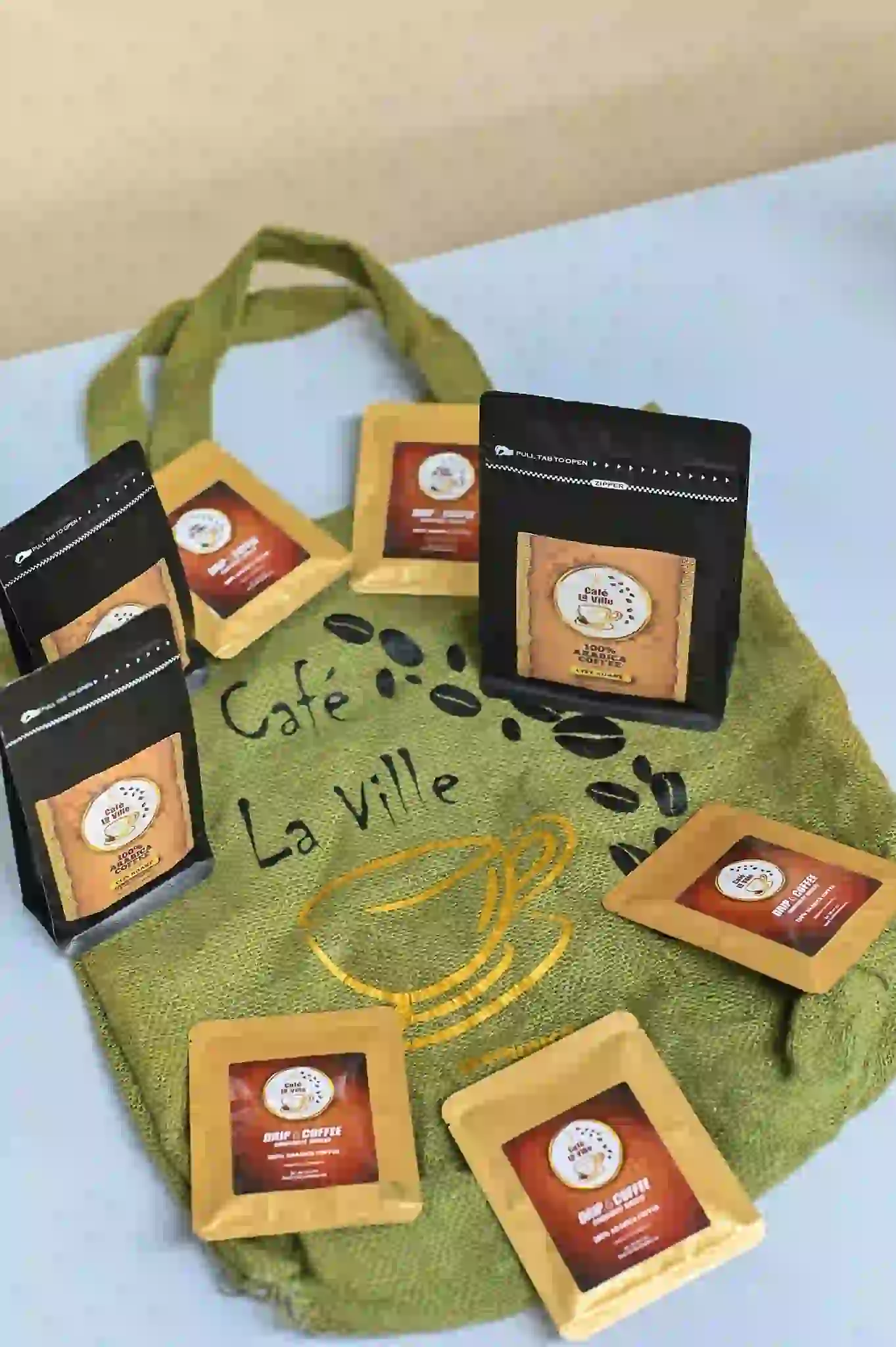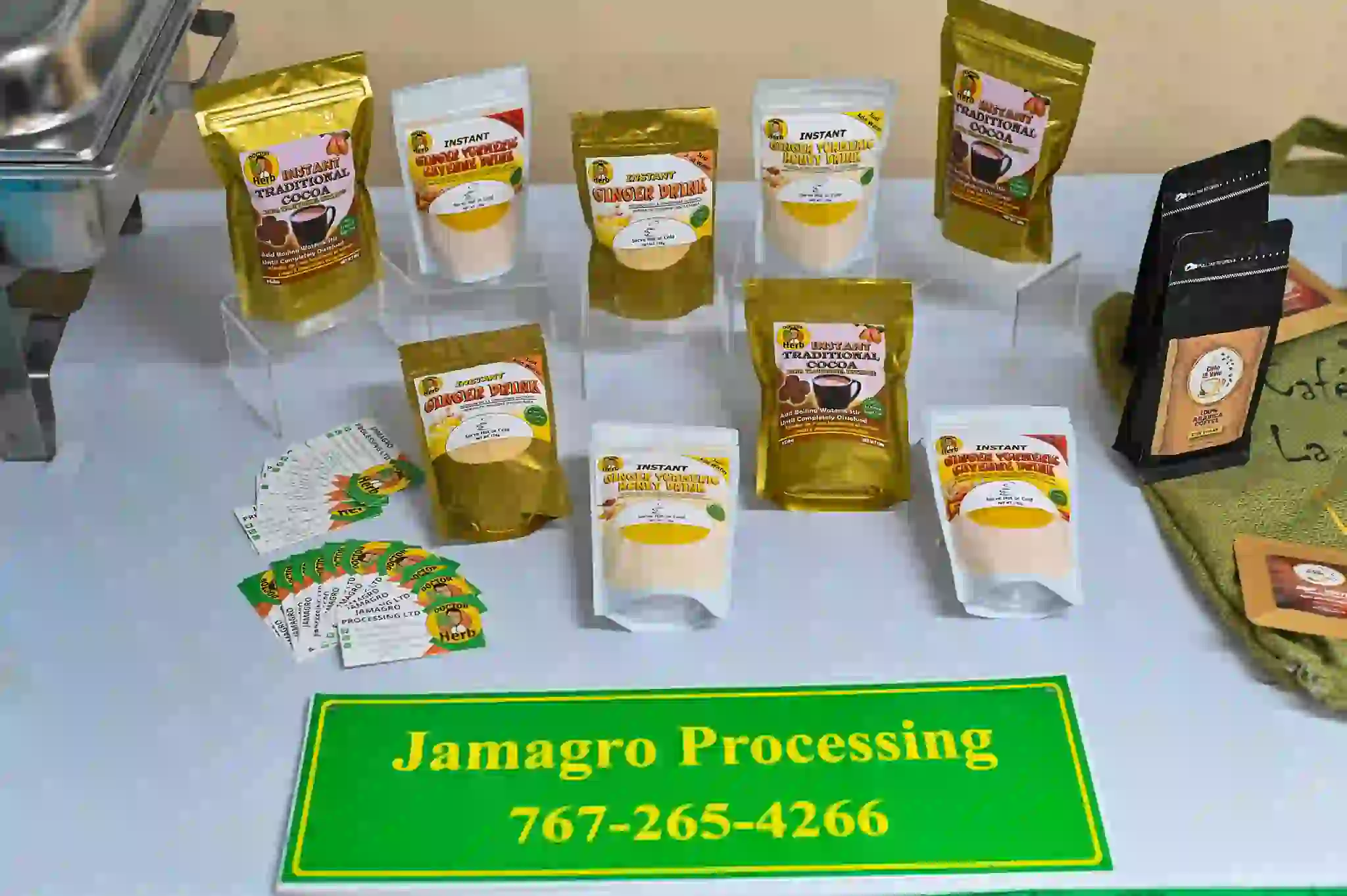
Caribbean CBI countries will soon announce ‘Interim Regulatory Commission’
2024-09-06 06:34:21
Over 140 applications were received by the Ministry of Agriculture of Dominica for the Agro-Processing Grant Funding Programme.

Roseau, Dominica: Over 140 applications were received by the Ministry of Agriculture of Dominica for the Agro-Processing Grant Funding Programme.
Launched in April 2024, the programme has been divided into three categories including micro, small, and medium under the Emergency Agricultural Livelihoods and Climate Resilient Project (EALCRP).
The Social Safeguards Office for the EALCRP- Kamasha Sylvester stated that so far, the Ministry had 148 applications to which they will provide assistance to 120.
From the three categories, 40 applications will be placed in the small category, 20 will be placed in the medium category and 60 applications will benefit in the micro category.
The applications have come from cocoa producers, coffee producers, and meat producers island wide. Now, the Ministry of Agriculture of Dominica will move to the next stage of the programme through which the needs of each selected will be examined.
 Dominica Agro-Processors with local products
Dominica Agro-Processors with local productsThe team of the Agro-Processing Grant Funding Programme will go out and commence the verification process on June 10, 2024, in the northeast of Dominica.
The verification process will be conducted by breaking down the zones between eight people per day and these people will do three visits each week on Monday, Wednesday and Friday.
In addition to that, the Emergency Agricultural Livelihoods and Climate Resilience Project being implemented is part of an overall development and partner initiative to support medium and long-term recovery in Dominica following the passage of Hurricane Maria on September 18, 2017.
 Dominica Agro-Processors with local products
Dominica Agro-Processors with local productsThe project contributes directly to Dominica’s National Agricultural Policy and Action Plane 2016-2025, which identified several key needs for Agriculture Development. It included a more modernized agricultural sector, increased farm productivity and overall climate resilience of the country’s agriculture and food systems.
Notably, the Agro-Processing Grant Funding Programme is launched to offer up to EC$40,000 in funding for the assistance of small businesses which focused on sustainable practices and innovative products such as coconut, cream, natural beverages, dried herbs and teas, smoked meats, fish processing and honey production.
The project is also working under the B component of the Contingency Emergency Response Component (CERC) which was launched by the Ministry of Agriculture of Dominica for agro-processors and farmers in April 2024.
 Dominica Agro-Processors with local products
Dominica Agro-Processors with local productsThe vision of the programme is dependent upon various aspects of food production and security as it has been funded by the World Bank with an allocation of US$8 million.
The programme has consisted of two components such as A and B that emphasized different agriculture and food systems in Dominica. The Component A of the programme talked about augmenting producting systems including livestock production with the reconstruction of a national abattoir with an investment of US$1.7 million.
On the other hand, component B has focused on the promotion of the local agriculture produce which facilitates farmers with better access to markets and agro-processors. Under the allocation of US$2.2 million, the programme will support fresh products through agro-processing grant funding.
Meanwhile, the Ministry of Agriculture and Fisheries of Dominica also hosted a dialogue with beekeepers to increase honey production on the island.
 Dominica Agro-Processors with local products
Dominica Agro-Processors with local productsMinister Roland Royer invited the beekeepers to discuss the challenges faced by practitioners in the Apiculture subsector and to chart a feasible way forward for positive growth.